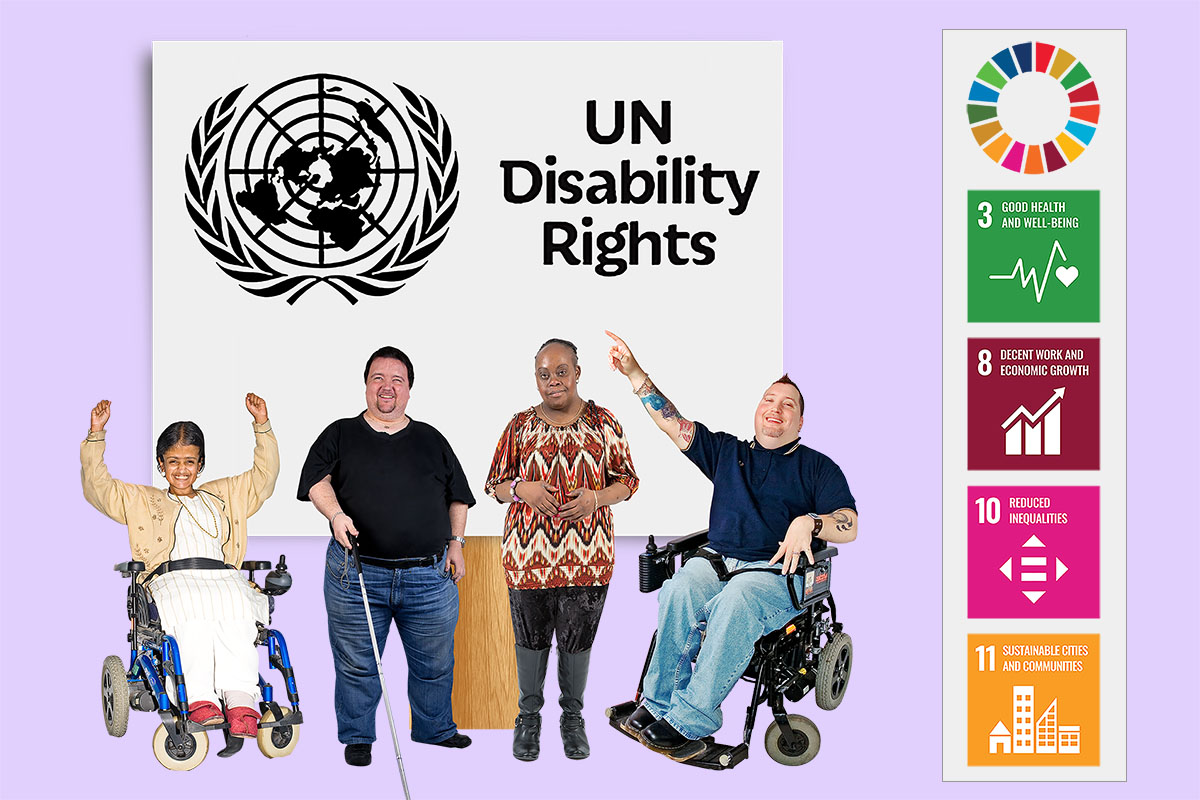This year’s Disability History Month, which runs from 14 November to 20 December, focuses on the themes of disability, livelihood and employment.
Disability History Month (UKDHM) is an annual event that began in 2010 to raise awareness about the history and contributions of disabled people, as well as the ongoing struggle for equality and human rights. This event focuses on promoting a deeper understanding of the barriers faced by disabled individuals.
The month was established by Richard Rieser, a prominent disability rights activist and educator, to create a platform for celebrating the achievements of disabled people throughout history while addressing the discrimination they have faced. It is also aimed at fostering a better understanding of how societal attitudes toward disability have evolved.
Each year, UKDHM highlights a specific theme, such as education, access, or the role of disabled people in historical movements. These themes often connect disability to broader social justice issues, emphasizing the intersectionality of disability with race, gender, and class.
The initiative has grown to involve schools, universities, community groups, and workplaces, providing opportunities for education and reflection on how society can work towards inclusivity and equality for everyone.

This year’s themes are disability, livelihood and employment. Although the figures for the employment of disabled people overall have crept up to 51%, those for the employment of people with a learning disability are at a woeful 5% – as compared to over 80% employment for working adults.
While many things may have improved for people with learning disabilities (1.5 million in the UK according to Mencap), access to employment is not one of them. Working and having a sense of purpose has a positive impact on a person’s health and wellbeing. As a society, we need to work out how to give this same opportunity to people with learning disabilities because being out of work with no sense of purpose will have a correspondingly negative impact.
Here at Rix Inclusive Research we practise what we preach! Our Wiki Master Ajay Choksi has been working with us since 2007, and we have a growing team of co-researchers with a lived experience of disability/difference. An inclusive workplace is a happier workplace, and we all learn from each other. Maybe this is the message we need to be sharing with businesses and services who are yet to embrace the reasonable adjustments necessary to be truly inclusive.
We want to be able to be noticed, we want to be able to be treated as a member of society and not diminished. It’s about just not treating us as though we’re an afterthought, but treating us as you would with every other person in the community.
Danny French, advocate for people with learning disabilities and autism, Havering Council

